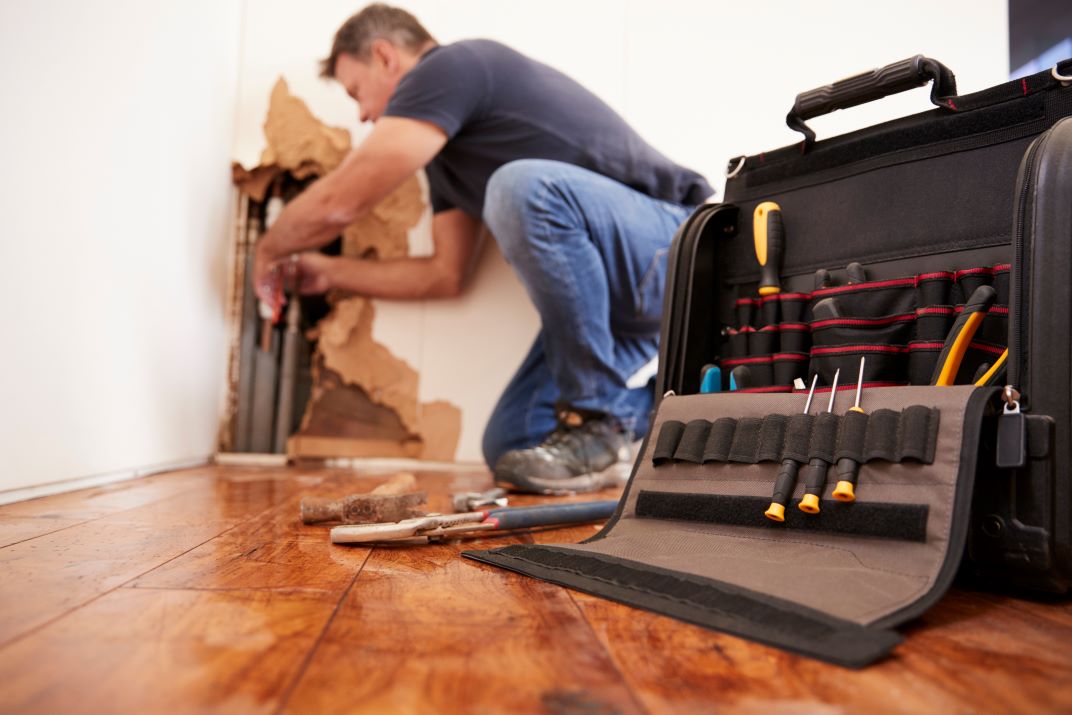As the housing industry transitions to the NSPIRE (National Standards for the Physical Inspection of Real Estate) protocols for HUD inspections, there’s a growing curiosity and a bit of apprehension among property managers and owners. Common queries range from understanding the inspectors’ criteria to the time taken for inspections, and how NSPIRE scores align with the traditional REAC (Real Estate Assessment Center) scores. As HUD increasingly adopts NSPIRE-based inspections, these questions will gradually find their answers.
The 24-Hour Repair Challenge Under NSPIRE
Yet, amid all these discussions, one critical aspect that isn’t receiving as much attention as it should is the challenge of complying with the 24-hour repair window for certain defects under NSPIRE. This 24-hour repair aspect marks a significant shift from the previous UPCS (Uniform Physical Condition Standards) protocol, where the corrective timeframe for most defects extended to 30 or 60 days. The new 24-hour requirement is a game-changer, potentially placing a significant strain on the maintenance teams of many properties.
Proactive vs. Reactive Maintenance
The cliché “prevention is better than cure” aptly applies here. Why wait for an inspection to identify issues when you can proactively address potential problems? The key lies in recognizing those NSPIRE-specific defects in advance in order to deal with the rule for 24-hour repairs.
The Role of Thorough Pre-Inspections
Conducting a comprehensive pre-inspection under NSPIRE Standards is no longer a luxury but a necessity. This proactive approach not only sets you up for a successful score but also alleviates the post-inspection rush to complete repairs. You have two avenues to achieve this:
- Self-Inspection: You can choose to conduct these inspections internally. While this requires an in-depth understanding of NSPIRE standards, it can be an effective way to stay ahead.
- Expert Assistance from The Inspection Group: Alternatively, engaging with The Inspection Group offers you a hassle-free, expert solution. Our team provides a detailed report post-inspection, which includes all findings categorized by NSPIRE REAC point values, complete with photographs. This report serves as an invaluable tool for preparing for the REAC inspection and fulfills HUD’s requirement for an annual 100% inspection of all units.
Conclusion: Be NSPIRE-Ready
The shift to NSPIRE inspections brings with it the need for quick adaptation and efficient maintenance strategies. Whether you choose to take on the inspections internally or seek expert assistance, the goal remains the same: to ensure your property is well-prepared for 24-hour repairs and compliant with the latest HUD standards. Embracing these changes with the right approach and resources will position your property not just for compliance, but for excellence.





